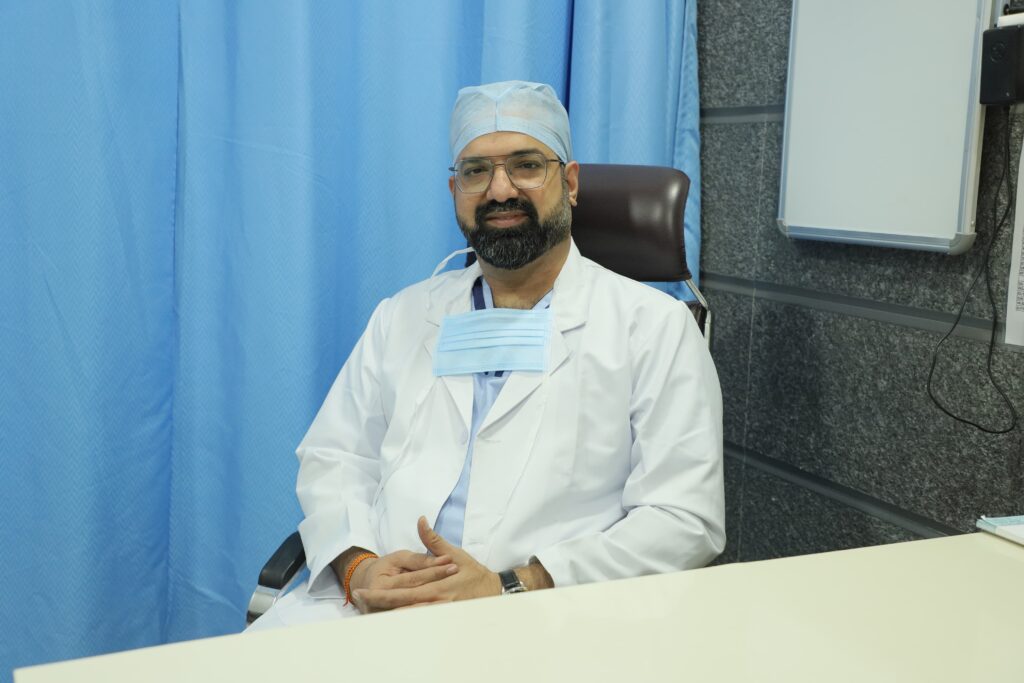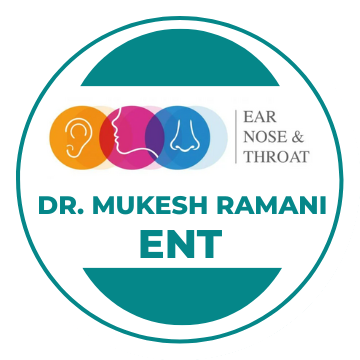Services
We Provide

Understanding Swollen Lymph Nodes
Swollen lymph nodes, also known as lymphadenopathy, refer to an enlargement or swelling of the lymph nodes, which are small, bean-shaped structures found throughout the body’s lymphatic system. Lymph nodes play a crucial role in the immune system by filtering lymph fluid and trapping harmful substances such as bacteria, viruses, or cancer cells. Swollen lymph nodes are often a sign of an underlying infection, inflammation, or other medical condition. Understanding the causes, symptoms, diagnosis, and treatment options for swollen lymph nodes is essential for effectively managing this condition and addressing any underlying issues.
Diagnosis of Swollen Lymph Nodes
Diagnosing swollen lymph nodes typically involves a comprehensive evaluation by a healthcare provider, often a primary care physician or an infectious disease specialist. During the examination, the provider may review the individual’s medical history and perform tests such as:
- Physical Examination: A physical examination of the body to assess for signs of swelling, tenderness, or palpable masses in the lymph nodes.
- Blood Tests: Blood tests such as complete blood count (CBC) or tests for specific infections may be recommended to identify the underlying cause of swollen lymph nodes.
- Imaging Studies: Imaging studies such as ultrasound, computed tomography (CT) scans, or magnetic resonance imaging (MRI) may be performed to visualize the size, location, and characteristics of the swollen lymph nodes.
- Biopsy: A biopsy may be performed to remove a sample of tissue from the swollen lymph nodes for pathological examination and diagnosis.
Causes of Swollen Lymph Nodes
Swollen lymph nodes can occur due to various factors, including:
- Infections: Common infections such as colds, flu, strep throat, or ear infections can lead to swollen lymph nodes in the neck, armpits, or groin.
- Bacterial Infections: Bacterial infections such as cellulitis, tuberculosis, or sexually transmitted infections (STIs) can cause swollen lymph nodes.
- Viral Infections: Viral infections such as mononucleosis (mono), HIV/AIDS, or herpes simplex virus (HSV) can lead to swollen lymph nodes.
- Immune Disorders: Autoimmune diseases such as lupus or rheumatoid arthritis can cause swollen lymph nodes as a result of immune system dysfunction.
- Cancer: Lymphoma, leukemia, or metastatic cancer can cause swollen lymph nodes as cancer cells spread to the lymph nodes.
Symptoms of Swollen Lymph Nodes
Common symptoms of swollen lymph nodes may include:
- Visible Swelling: Visible enlargement or swelling of the lymph nodes, often felt as tender or rubbery lumps under the skin.
- Pain or Discomfort: Pain or discomfort in the swollen lymph nodes, particularly when touched or pressed.
- Redness or Warmth: Redness, warmth, or inflammation over the site of the swollen lymph nodes, particularly with infection or inflammation.
- Fever: Fever or chills, particularly with bacterial or viral infections.
- Fatigue: Fatigue, malaise, or general feeling of illness, particularly with systemic infections or immune disorders.
It’s important to seek medical attention if you experience persistent or severe symptoms of swollen lymph nodes, as they may indicate an underlying medical condition that requires treatment.
18+
years
of experience

Dr. Mukesh Kumar Ramani
Dr. Mukesh Kumar Ramani is a dedicated Specialist ENT Surgeon at Aster Clinic (Aster Jubilee Medical Complex) in Burdubai, Dubai. With over 18 years of experience in the field, Dr. Ramani has garnered expertise in various aspects of Otorhinolaryngology.
He completed his MBBS from Thanjavur Medical College, Tamilnadu, India, followed by MS (ENT) from B. J. Medical College, Ahmedabad, India, and DNB from the National Board of Examinations, New Delhi, India. Dr. Ramani’s extensive academic background is complemented by his passion for delivering high-quality patient care.
